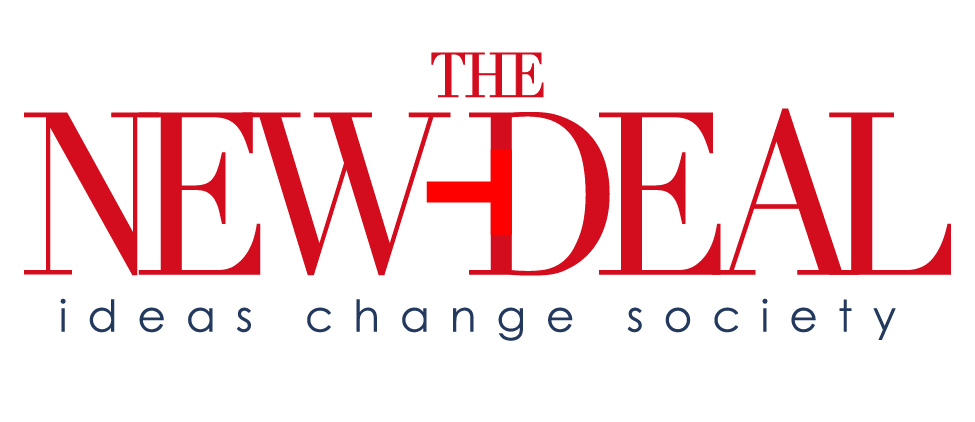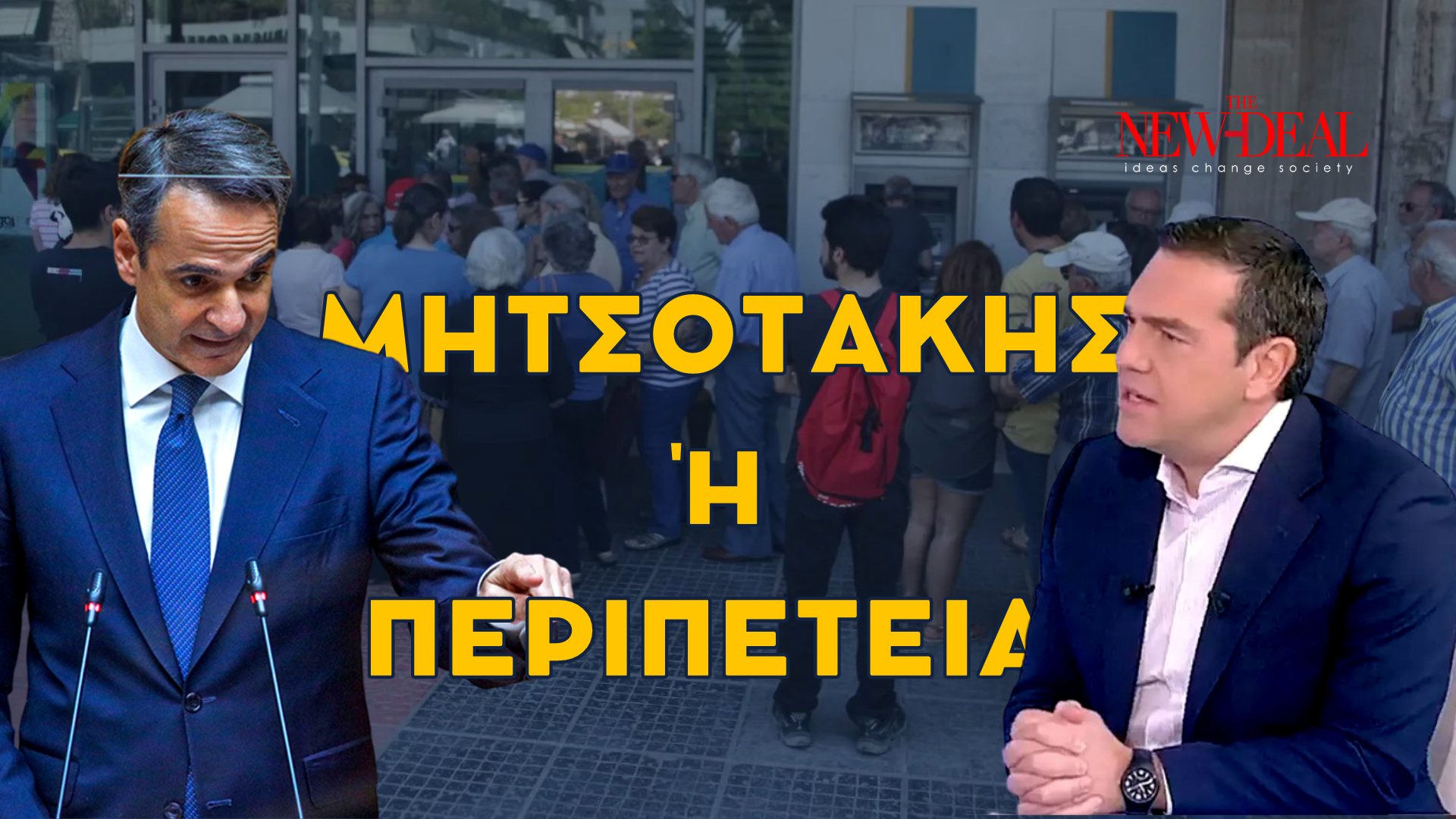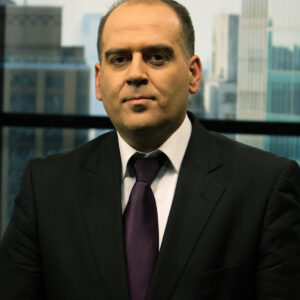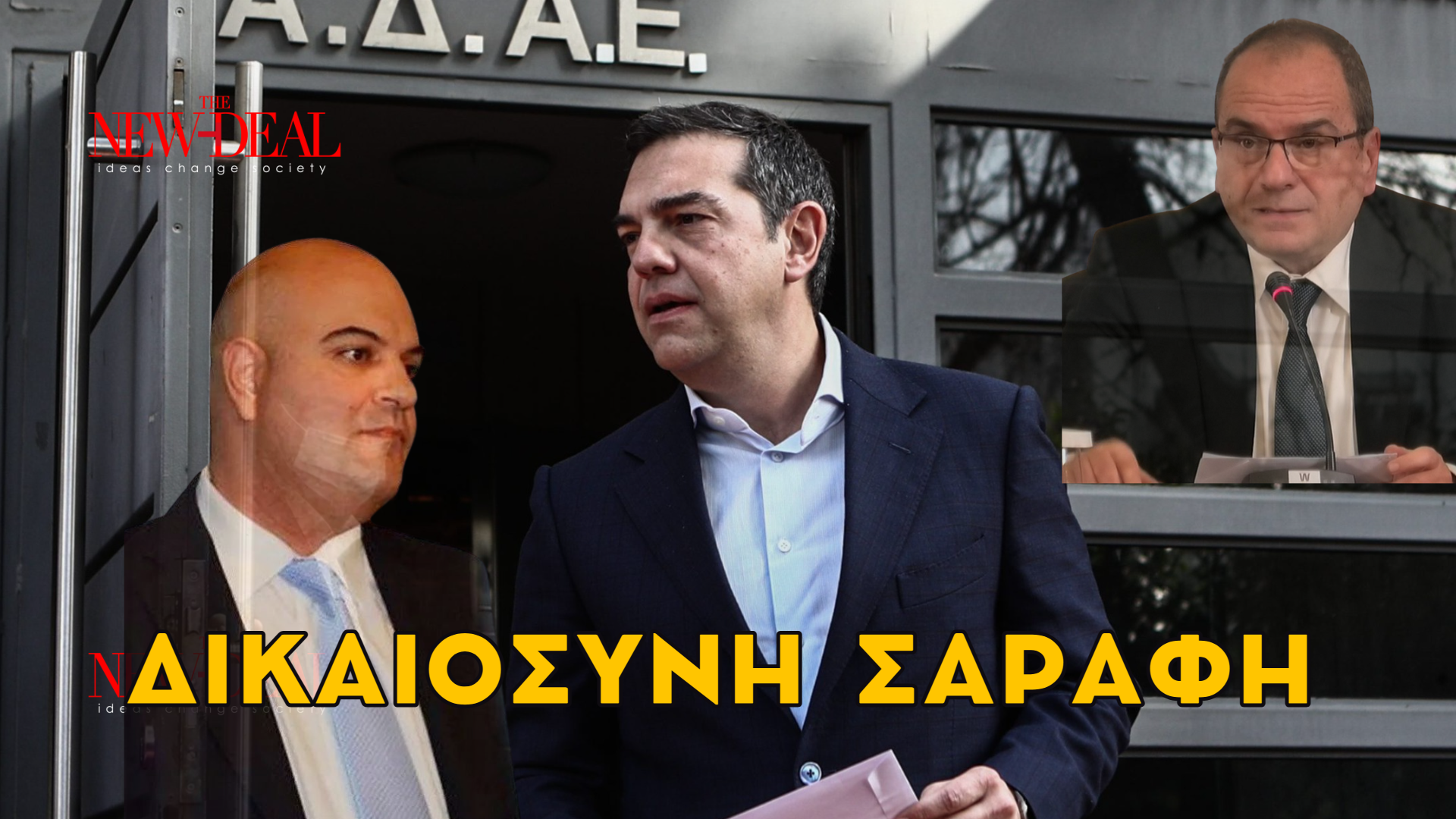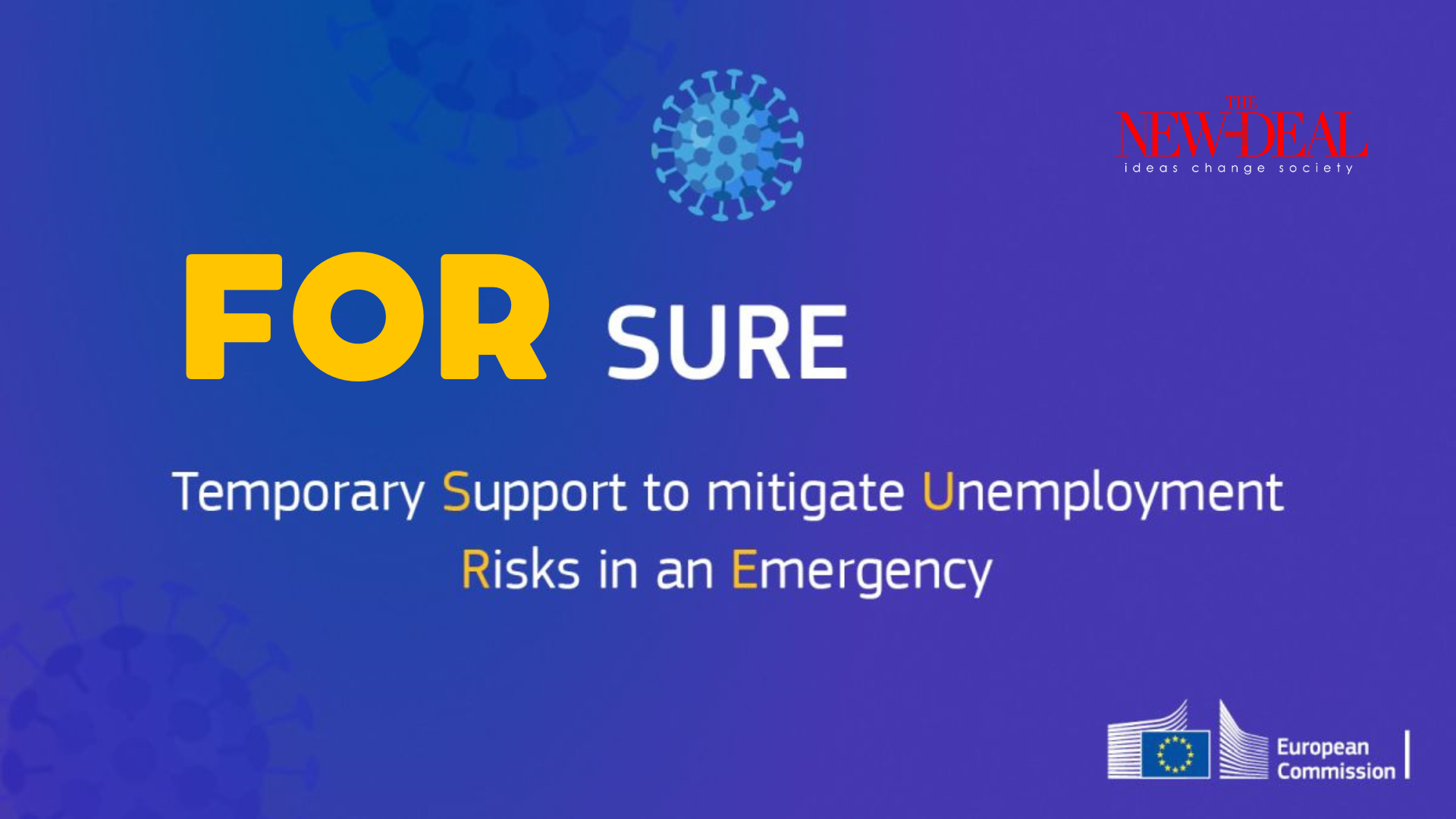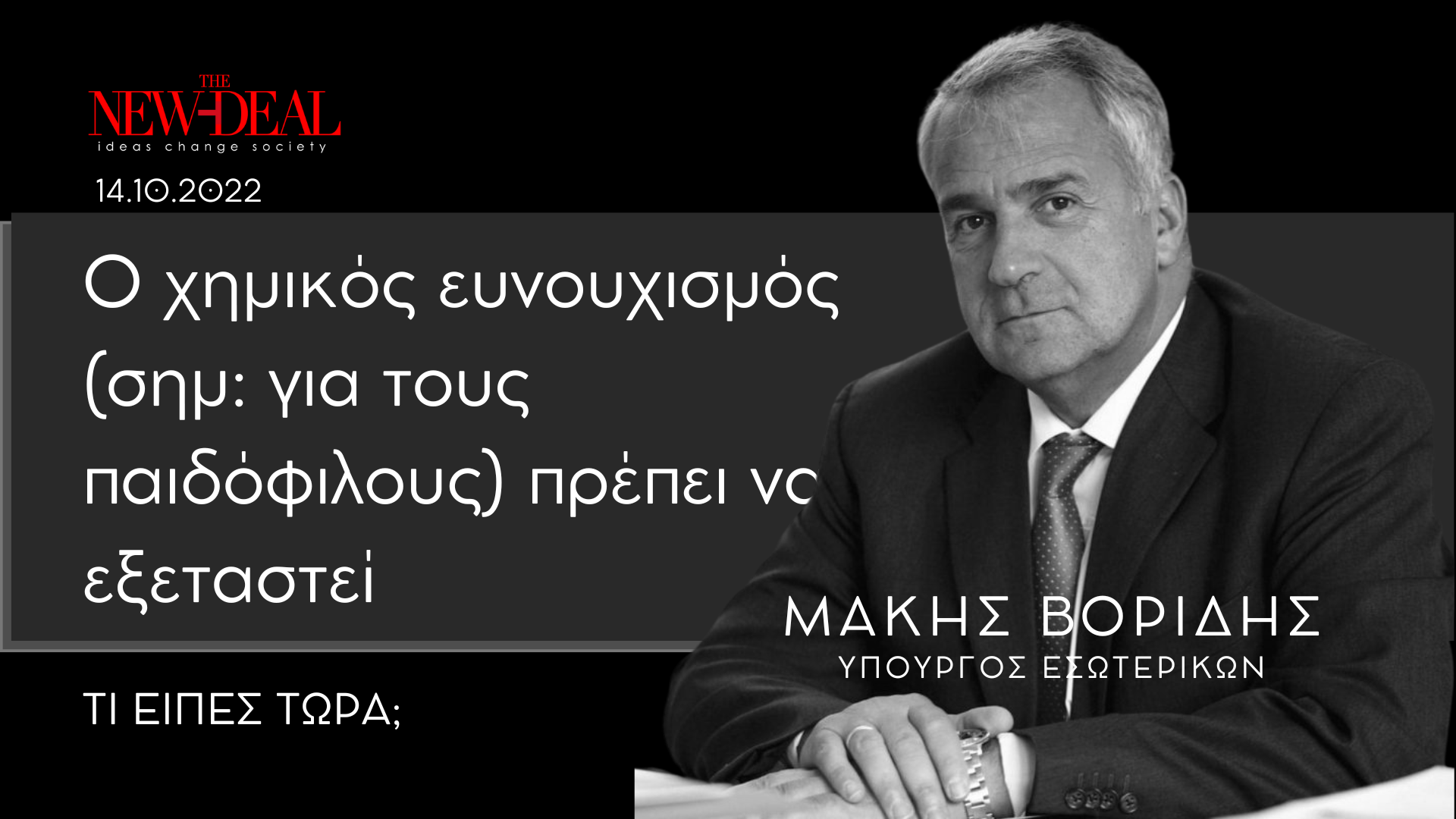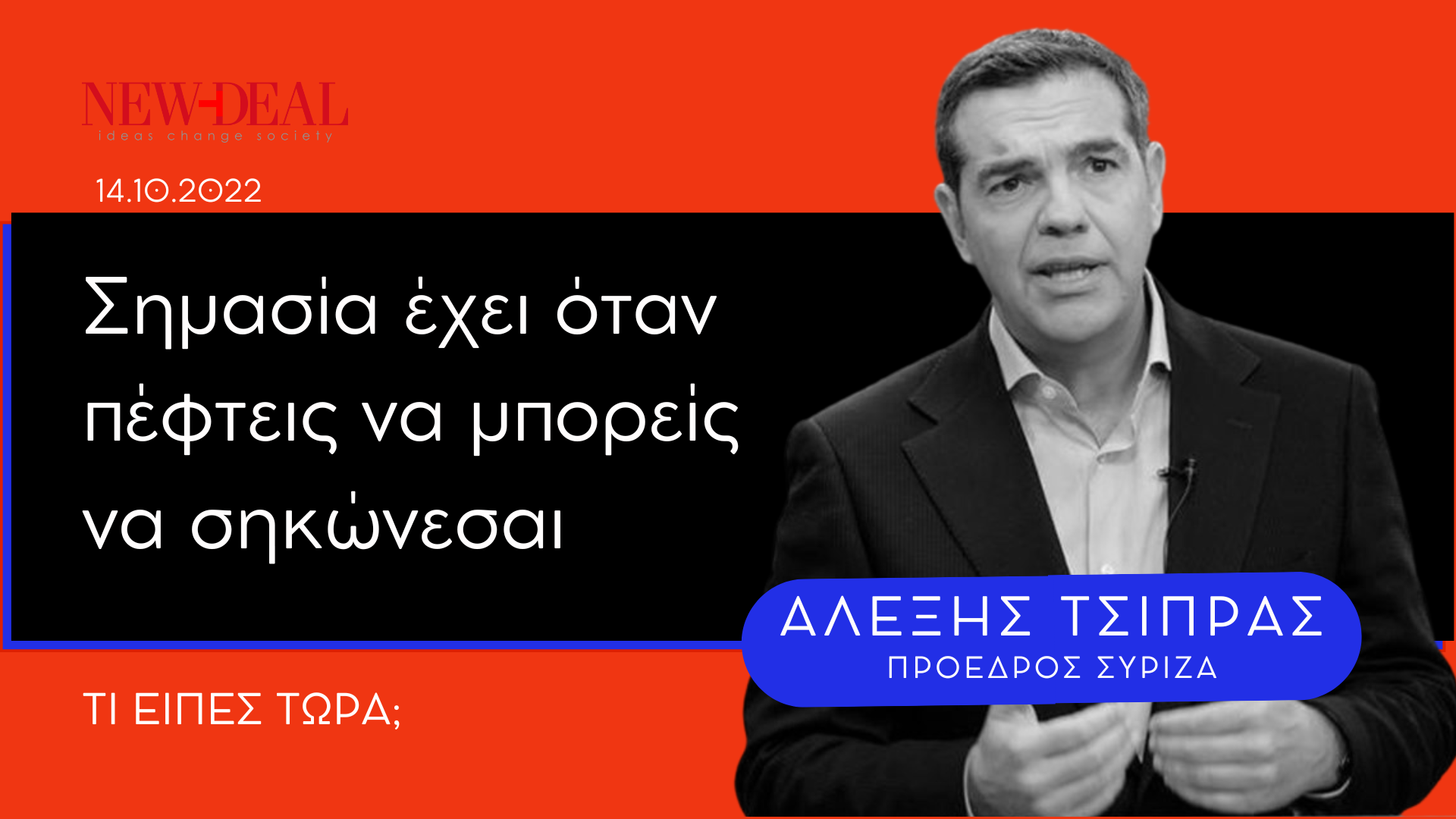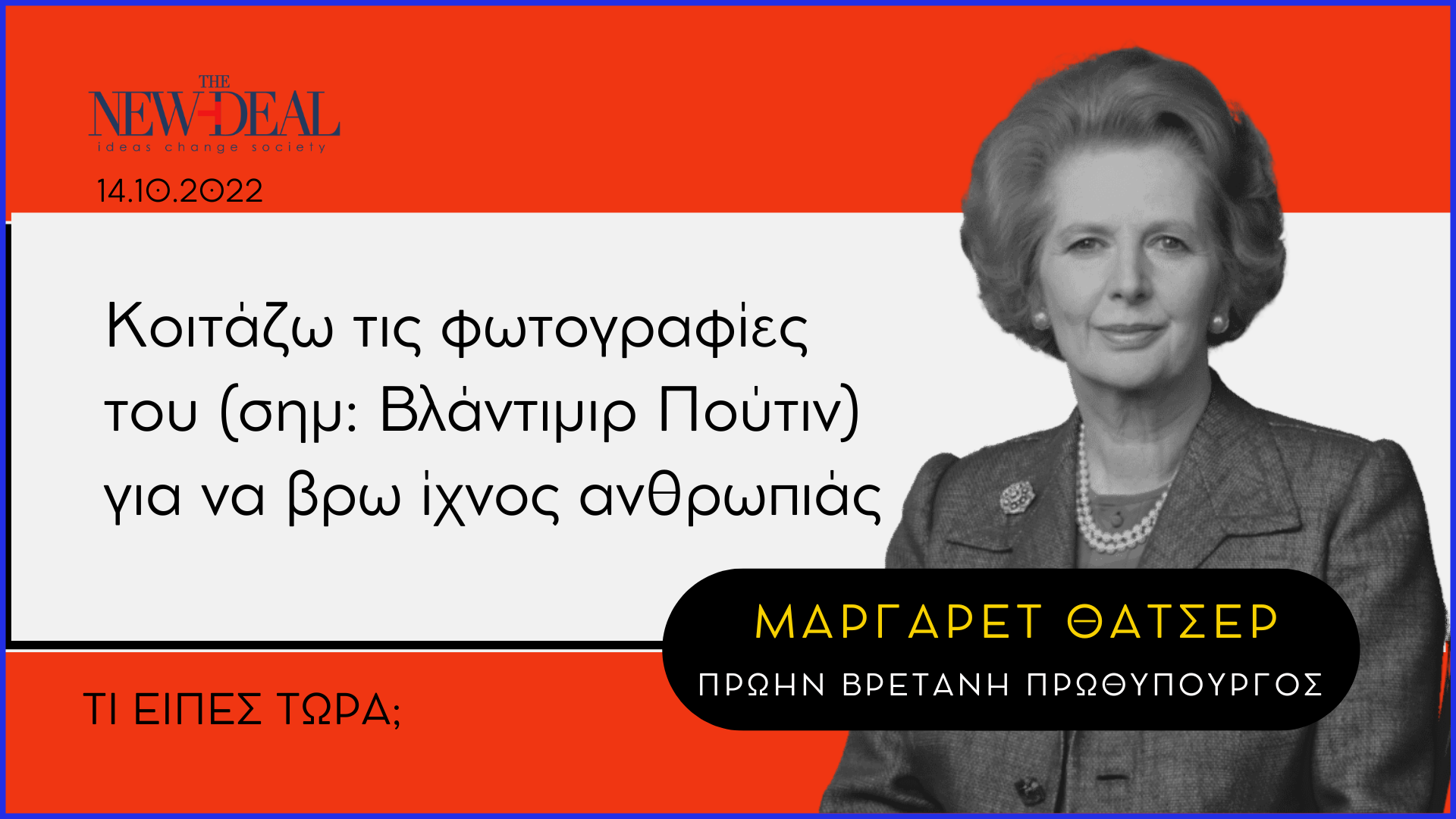One of the best insults I’ve ever read came from Ezra Klein, who now is editor in chief of Vox.com. In 2007, he described Dick Armey, the former House majority leader, as “a stupid person’s idea of what a thoughtful person sounds like.”
It’s a funny line, which applies to quite a few public figures. Representative Paul Ryan, the chairman of the House Budget Committee, is a prime current example. But maybe the joke’s on us. After all, such people often dominate policy discourse. And what policy makers don’t know, or worse, what they think they know that isn’t so, can definitely hurt you.
What inspired these gloomy thoughts? Well, I’ve been looking at surveys from the Initiative on Global Markets, based at the University of Chicago. For two years, the initiative has been regularly polling a panel of leading economists, representing a wide spectrum of schools and political leanings, on questions that range from the economics of college athletes to the effectiveness of trade sanctions. It usually turns out that there is much less professional controversy about an issue than the cacophony in the news media might have led you to expect.
[quote text_size=”small”]
This was certainly true of the most recent poll, which asked whether the American Recovery and Reinvestment Act — the Obama “stimulus” — reduced unemployment. All but one of those who responded said that it did, a vote of 36 to 1. A follow-up question on whether the stimulus was worth it produced a slightly weaker but still overwhelming 25 to 2 consensus.
[/quote]
Leave aside for a moment the question of whether the panel is right in this case (although it is). Let me ask, instead, whether you knew that the pro-stimulus consensus among experts was this strong, or whether you even knew that such a consensus existed.
I guess it depends on where you get your economic news and analysis. But you certainly didn’t hear about that consensus on, say, CNBC — where one host was so astonished to hear yours truly arguing for higher spending to boost the economy that he described me as a “unicorn,” someone he could hardly believe existed.
More important, over the past several years policy makers across the Western world have pretty much ignored the professional consensus on government spending and everything else, placing their faith instead in doctrines most economists firmly reject.
As it happens, the odd man out — literally — in that poll on stimulus was Professor Alberto Alesina of Harvard. He has claimed that cuts in government spending are actually expansionary, but relatively few economists agree, pointing to work at the International Monetary Fund and elsewhere that seems to refute his claims. Nonetheless, back when European leaders were making their decisive and disastrous turn toward austerity, they brushed off warnings that slashing spending in depressed economies would deepen their depression. Instead, they listened to economists telling them what they wanted to hear. It was, as Bloomberg Businessweek put it, “Alesina’s hour.”
Am I saying that the professional consensus is always right? No. But when politicians pick and choose which experts — or, in many cases, “experts” — to believe, the odds are that they will choose badly. Moreover, experience shows that there is no accountability in such matters. Bear in mind that the American right is still taking its economic advice mainly from people who have spent many years wrongly predicting runaway inflation and a collapsing dollar.
[quote text_size=”small”]
All of which raises a troubling question: Are we as societies even capable of taking good policy advice?
[/quote]
Economists used to assert confidently that nothing like the Great Depression could happen again. After all, we know far more than our great-grandfathers did about the causes of and cures for slumps, so how could we fail to do better? When crises struck, however, much of what we’ve learned over the past 80 years was simply tossed aside.
The only piece of our system that seemed to have learned anything from history was the Federal Reserve, and the Fed’s actions under Ben Bernanke, continuing under Janet Yellen, are arguably the only reason we haven’t had a full replay of the Depression. (More recently, the European Central Bank under Mario Draghi, another place where expertise still retains a toehold, has pulled Europe back from the brink to which austerity brought it.) Sure enough, there are moves afoot in Congress to take away the Fed’s freedom of action. Not a single member of the Chicago experts panel thinks this would be a good idea, but we’ve seen how much that matters.
And macroeconomics, of course, isn’t the only challenge we face. In fact, it should be easy compared with many other issues that need to be addressed with specialized knowledge, above all climate change. So you really have to wonder whether and how we’ll avoid disaster.
Το άρθρο του Νομπελίστα Οικονομολόγου Paul Krugman δημοσιεύεται στην εφημερίδα “THE NEW YORK TIMES”
